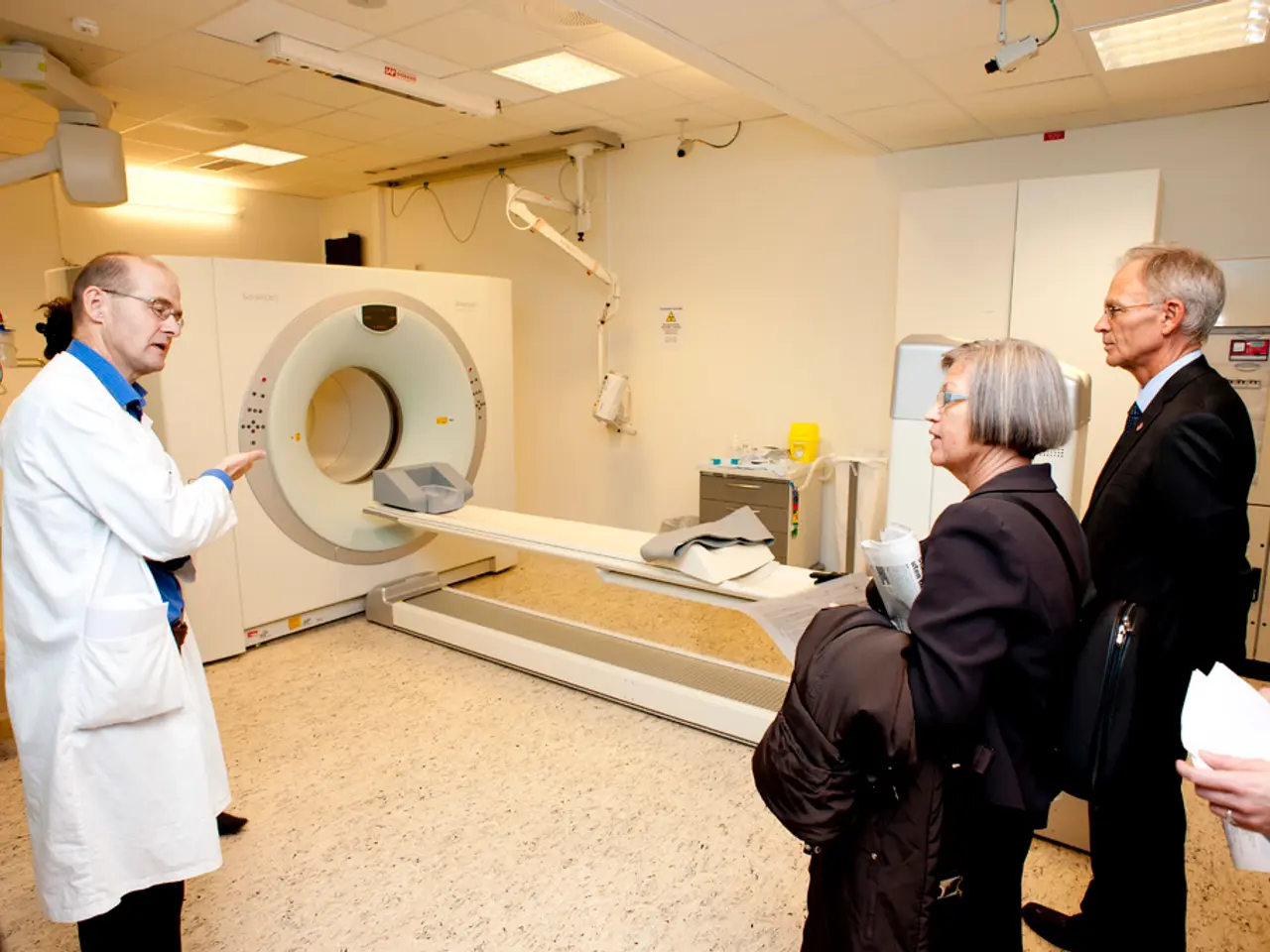Top 15 Healthcare Supply Chain Software Solutions of the Year 2025
Modern healthcare supply chain software plays a crucial role in managing medical products and services, offering a variety of features designed to improve operations, enhance patient safety, and control costs.
These solutions are equipped with inventory management and tracking capabilities, ensuring the availability of essential medical supplies, equipment, and medicines. By minimising waste and reducing stockouts through real-time tracking and automated reordering, healthcare organisations can maintain a steady supply of necessary items.
Compliance and regulatory tracking is another key feature, helping organisations adhere to regulations for handling, storing, and distributing medical products. Barcode scanning and traceability tools are often used to ensure compliance, supporting patient safety.
Automation of processes, such as ordering, invoicing, and supply replenishment workflows, is another significant advantage. This reduces errors, saves time, and streamlines operations, leading to more efficient healthcare delivery.
Supplier collaboration and vendor management are also enhanced, enabling better prices, reliable deliveries, and proactive issue resolution. Data analytics and insights are collected and analysed to optimise purchasing decisions, forecast demand, and improve operational performance.
Some systems even incorporate blockchain technology for immutability, transparency, secure transaction history, and automated contract execution, increasing security and trust in the medical supply chain. Integration with other healthcare systems, such as electronic health records, billing, and patient management, improves information flow and operational coordination.
The benefits of using healthcare supply chain software are numerous. Better patient care and safety are achieved through continuous availability of necessary medical products, reducing treatment delays and errors with expired or incorrect items. Significant cost savings are realised through improved inventory management and purchasing, while more efficient operations save time and reduce human errors.
Stronger compliance and risk management are facilitated, helping organisations adhere to healthcare regulations and avoid penalties. Enhanced transparency and accountability are achieved, particularly with blockchain-enabled solutions, combating fraud and enhancing trust. Improved strategic decision-making is also possible, as actionable insights drawn from integrated data sources lead to optimised supply planning and resource allocation.
In summary, healthcare supply chain software combines automation, compliance, data analytics, supplier collaboration, and sometimes blockchain technology to improve the management of medical products, ultimately enhancing care quality while controlling costs and operational risks.
Some popular healthcare supply chain software solutions include SAP SCM, Oracle SCM Cloud, Kinaxis RapidResponse, Blue Yonder, and Manhattan Associates. These systems cater to a variety of organisational sizes and needs, offering solutions for multi-carrier shipping, medical device management, pharmaceutical recall management, and emergency response and public health scenarios.
In the face of challenges such as compliance adherence, compressed operating margins, lack of transparency, vulnerable facility access points, and fragmented decision-making, these software solutions provide valuable tools for organisations seeking to streamline their supply chains and improve patient care.
- Machine learning algorithms, integrated into digital health software, predict demand for medical supplies, helping healthcare businesses forecast future needs and optimise stock levels.
- Utilising healthcare software, finance departments can streamline invoicing processes, ensuring accurate billing and reducing errors that could lead to financial losses.
- The use of technology in digital health, particularly healthcare software, fosters a science-based approach to inventory management, improving health outcomes through reduced stockouts and waste.
- By leveraging the automation capabilities of business technology in healthcare, healthcare organisations can minimize manual errors in supply replenishment and focus on delivering high-quality patient care.




